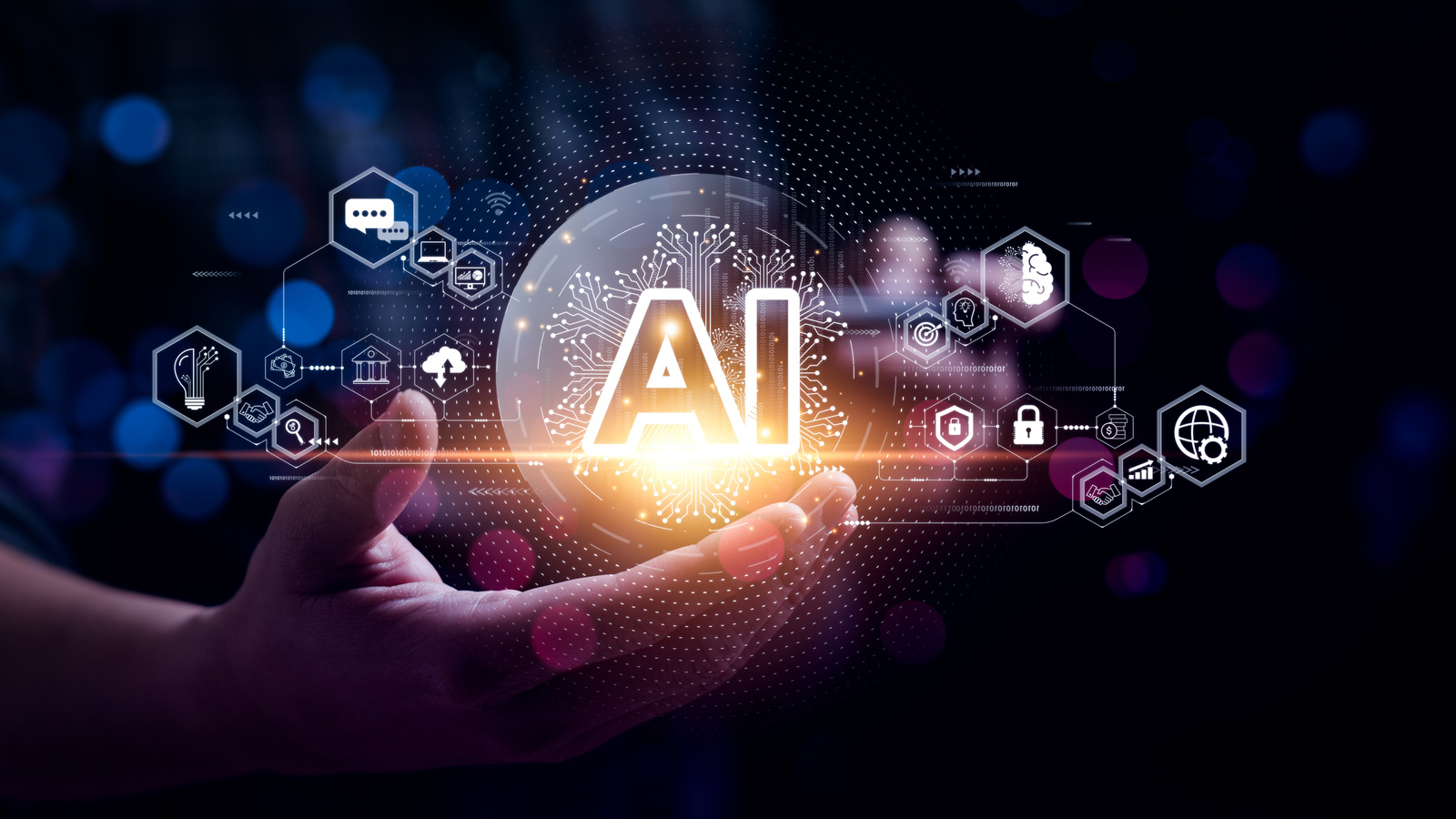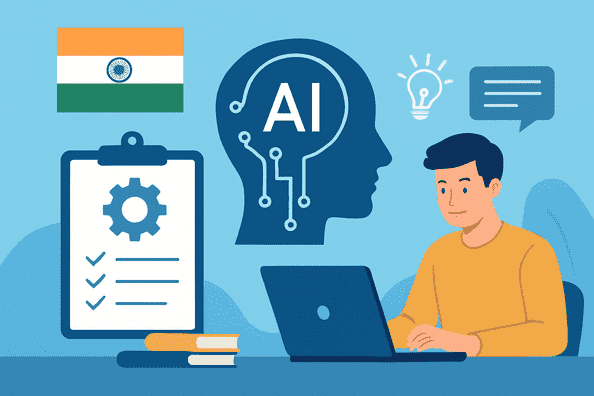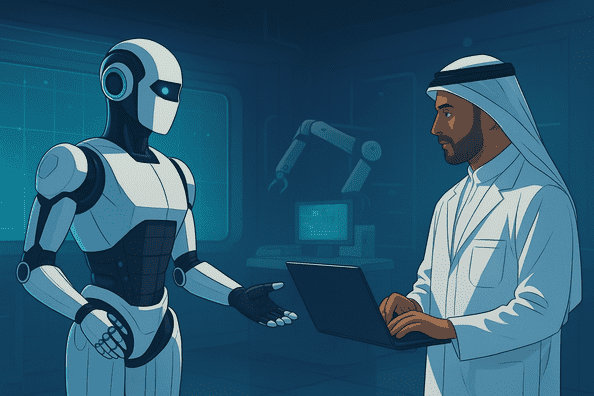Artificial Intelligence (AI) is rapidly transforming industries, economies, and everyday life. Over the next decade, AI will continue to advance, influencing various sectors in profound ways. This blog explores the key areas where AI will have the most impact, including economic growth, job markets, healthcare, education, and ethical considerations.
How AI Will Shape the Future
Economic Growth and Productivity
AI is poised to be a significant driver of economic growth. According to PwC’s Global Artificial Intelligence Study, AI could contribute up to $15.7 trillion to the global economy by 2030, with North America and China seeing the most substantial gains. This growth is expected to stem from productivity improvements, product enhancements, and the automation of routine tasks.
Labor Market Transformation
The rise of AI will inevitably transform the labor market. While some jobs may become obsolete due to automation, new roles will emerge that require different skill sets. A report by the National University suggests that AI could increase labor productivity growth by 1.5 percentage points over the next ten years.
Workers will need to adapt by acquiring new skills, particularly in areas where human judgment and creativity are irreplaceable. Educational institutions and employers will play crucial roles in facilitating this transition through reskilling and upskilling programs.
Healthcare Advancements
AI’s impact on healthcare is expected to be profound. From predictive analytics to personalized medicine, AI can revolutionize patient care. For example, AI algorithms can analyze vast amounts of data to predict disease outbreaks or identify potential health risks in individuals before symptoms arise. Moreover, AI-powered diagnostic tools can assist healthcare professionals in interpreting medical images, leading to earlier and more accurate diagnoses. This can improve treatment outcomes and potentially save lives.
Education and Personalized Learning
In the realm of education, AI offers the promise of personalized learning experiences. By analyzing students’ learning patterns, AI can tailor educational content to meet individual needs, thereby enhancing learning efficiency and engagement.
Additionally, AI can automate administrative tasks, allowing educators to focus more on teaching and student interaction. As AI continues to evolve, it could also facilitate lifelong learning by providing accessible and customized educational resources to learners of all ages.
Ethical Considerations and Challenges
While the potential benefits of AI are immense, it’s crucial to address the ethical considerations and challenges associated with its deployment. Issues such as data privacy, algorithmic bias, and the digital divide must be carefully managed to ensure that AI serves the broader good.
Policymakers, industry leaders, and stakeholders must collaborate to develop frameworks that promote responsible AI development and use. This includes establishing regulations that protect individual rights and ensuring that AI technologies are transparent and accountable.
Conclusion
As we look toward the next decade, AI’s influence on various aspects of society is undeniable. By understanding and preparing for these changes, we can harness AI’s potential to drive economic growth, improve quality of life, and address some of the world’s most pressing challenges.
In the United States, embracing AI’s transformative power while proactively addressing its challenges will be key to ensuring a prosperous and equitable future



